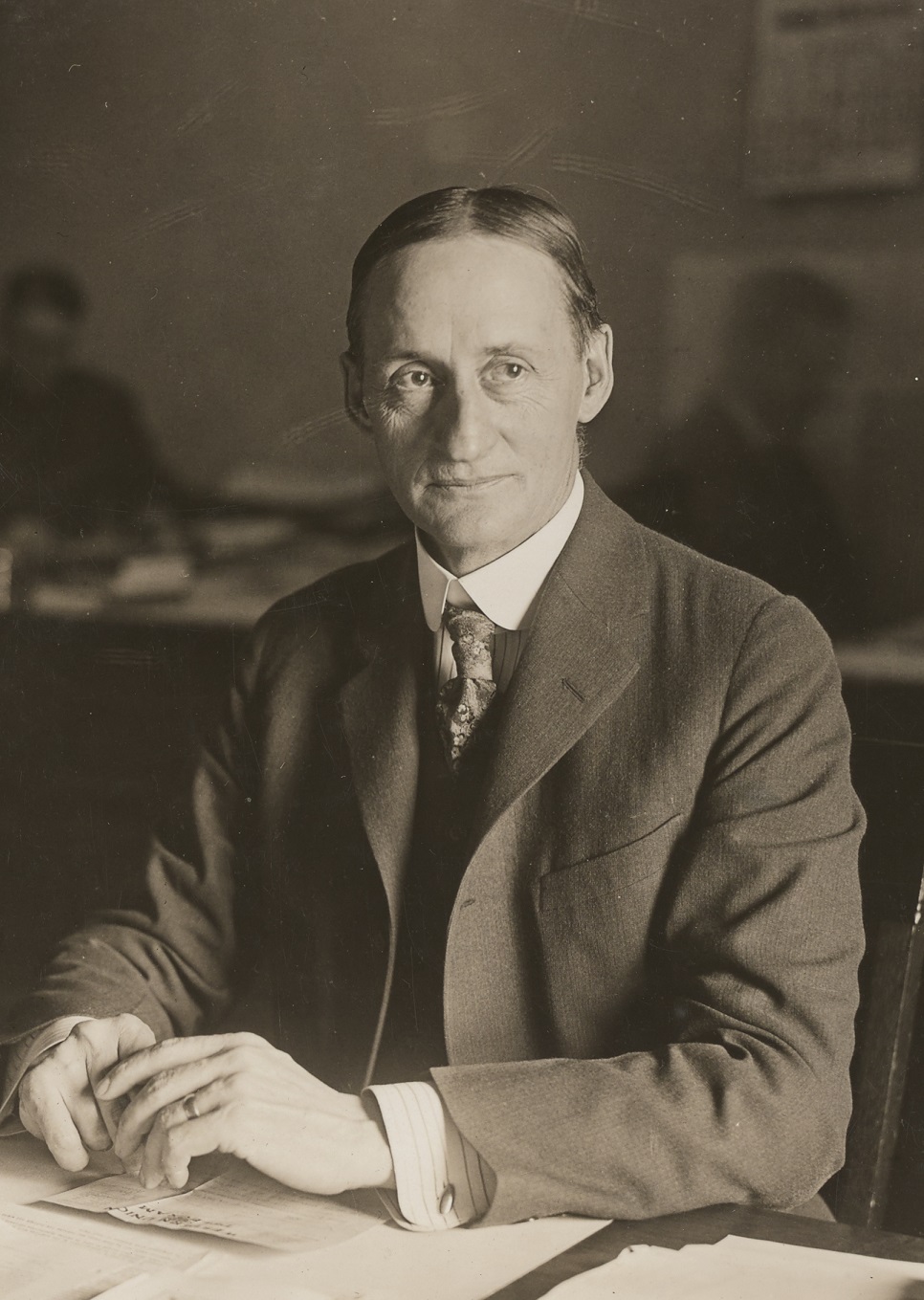Source: Influencing men in business, 1911, p. 133
Contexte: Goods offered as means of gaining social prestige make their appeals to one of the most profound of the human instincts. In monarchies this instinct is regarded as a mere tendency to imitate royalty. In America, with no such excuse, the eagerness with which we attempt to secure merchandise used by the "swell and swagger" is absurd, but it makes it possible for the advertiser to secure more responses than might otherwise be possible.. As an illustration of this fact we need but to look at the successful advertisements of clothing, automobiles, etc. The quality of the goods themselves does not seem to be so important as the apparent prestige given by the possession of the goods.
Walter Dill Scott: Citations en anglais
Source: The Psychology of Advertising in Theory and Practice, 1908, p. 154
“Success or failure in business is caused more by mental attitude even than by mental capacity.”
Source: Increasing Human Efficiency in Business, 1911, p. 134
Source: The Theory of Advertising, 1903, p. 2
Walter Dill Scott, "The Psychology of Business - Wages," in: System, (18) (Dec. 1910), p. 610. The first article appeared in XVII
“Mental attitude is more important than mental capacity”
Attributed to Walter Dill Scott in: Sterling W. Sill Benson (1974). That ye might have life. p. 274
Source: The Psychology of Advertising in Theory and Practice, 1908, p. 176
Source: The Psychology of Advertising in Theory and Practice, 1908, p. 370-371
Source: Influencing men in business, 1911, p. 398 ; cited in: Edmund C. Lynch. "Walter Dill Scott: Pioneer Industrial Psychologist," The Business History Review, Vol. 42, No. 2 (Summer, 1968), pp. 149-170
Source: Influencing men in business, 1911, p. 9; Chapter 1 Introduction, lead paragraph
Source: Influencing men in business, 1911, p. 134
